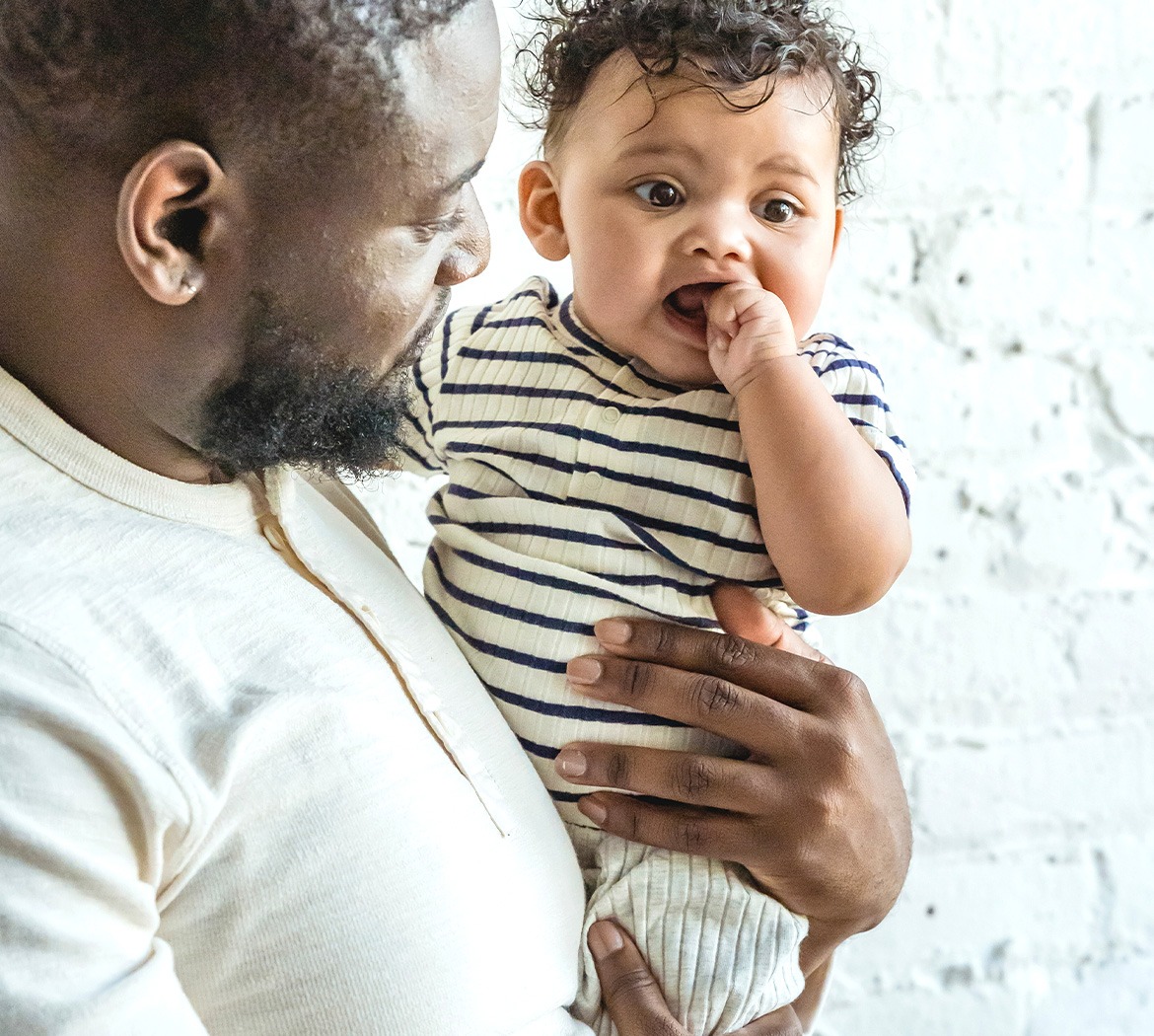
GET STARTED WITH A FREE CUSTOM SCHEDULE AND PLAN OVERVIEW ON OUR MOBILE APP →
TRY BATELLE FOR FREE →

Illness is a common cause of sleep disruption in babies and toddlers. Whether it’s a common cold or an ear infection, sickness can have a significant impact on your baby’s sleep patterns. In this blog, we will discuss how to manage sleep with your sick baby during illness, and ways to get sleep back on track after illness.
It is quite common for children under 24 months old to fall sick multiple times a year, and those attending daycare may be exposed to even more viruses, increasing the frequency of illnesses. Similar to adults, the symptoms of cold and flu in children can lead to disrupted and non-restorative sleep.
A child who usually sleeps well may require assistance to fall asleep and stay asleep while ill, potentially leading to the development of new sleep associations. Even a mild illness can result in frequent night waking due to congestion, coughing, and general malaise. During such times, you may find yourself spending more time holding, rocking, or even offering extra feedings to help your child get through the night.
While it is entirely appropriate to provide additional comfort during this time, it may result in your child re-developing sleep associations. A sleep association refers to the series of experiences or tools that your baby associates with falling asleep. This could include being in their crib, rocking, bouncing, feeding, going for a walk in a carrier or stroller, using a pacifier, or a combination of these or other factors.
When your baby is sick, it’s important to offer them the support they need while also trying to maintain as much consistency as possible in their sleep routine. Here are some tips for managing sleep during illness:
It’s important to note that sleep training is most effective when your child is in good health and able to develop healthy sleep habits. Therefore, it is not recommended to start sleep training during illness. If you are engaged in a sleep training method when your little one gets sick, pause your training method and do your best to stay as consistent as possible.
Once your baby has recovered from their illness, it may take some time for them to get back to their usual sleep routine. Remember, it’s important to approach these challenges with flexibility and patience. Here are some tips for getting sleep back on track after illness:
Life is full of curveballs, and as a parent, you will inevitably face challenges that disrupt your baby’s sleep, whether it’s illness, travel, or a developmental milestone like the 4-month sleep regression. The key to navigating these challenges successfully is to have a sustainable and flexible response framework in place. That’s where sleep training using the Batelle method can be an invaluable ally.
The Batelle method teaches caregivers a sustainable response framework that can be adapted to provide more support when needed, such as during illness, teething, growth spurts, or a sleep regression, and then gradually layered off once your little one is feeling better. By managing your response to sleep problems in an intentional manner, you can reduce both the intensity and duration of sleep disruptions.
Illness can have a significant impact on your baby’s sleep needs, and it’s important to approach these challenges with flexibility and patience. Remember to offer your baby the support they need during times of illness, while also trying to maintain as much consistency as possible in their sleep schedule. With time and patience, your baby will recover and get back to their usual sleep patterns, even if they wake up in the middle of the night.
